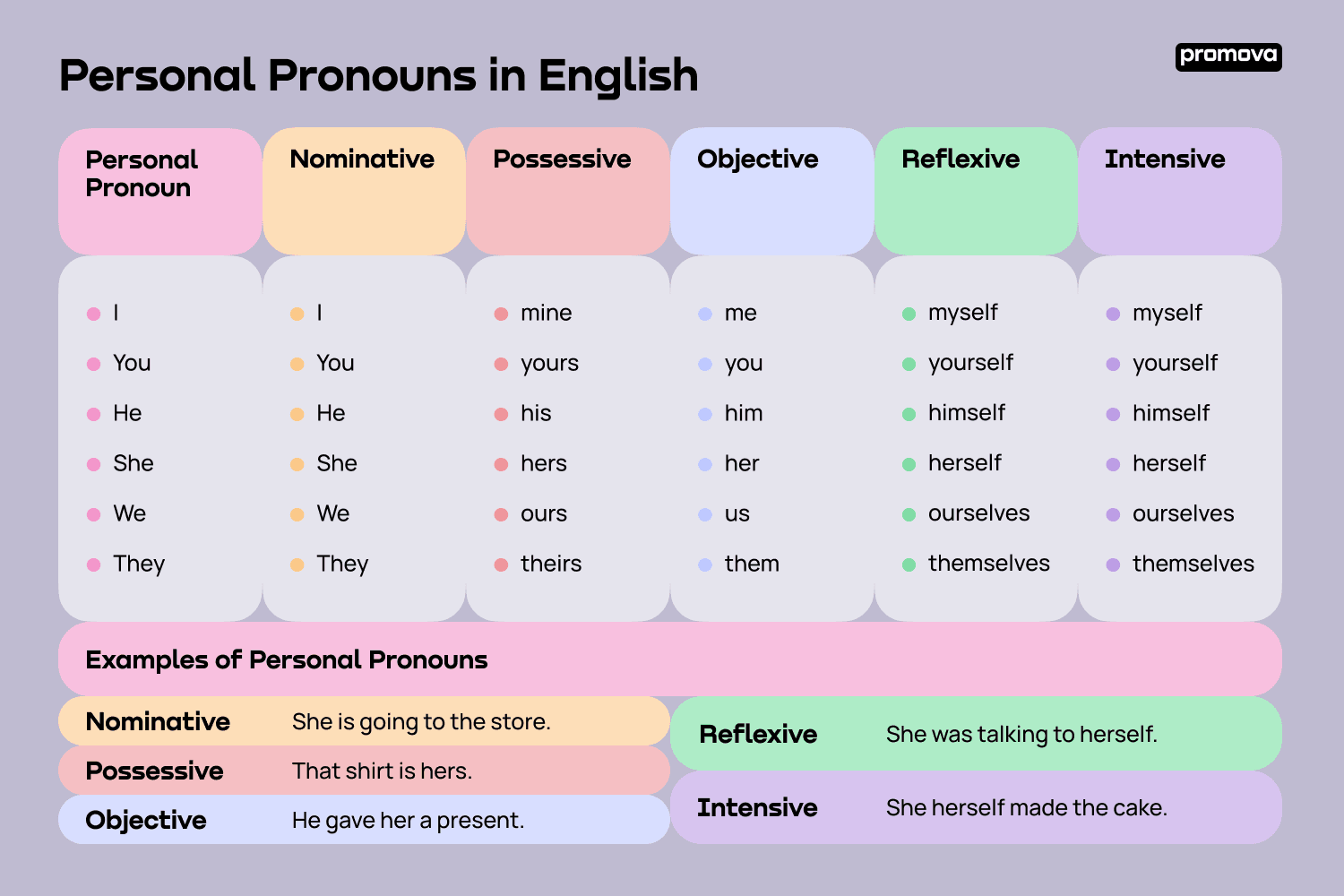Personal pronouns are an essential part of the English language and play a crucial role in communication. They help us refer to ourselves and others without constantly repeating names. However, using personal pronouns incorrectly can lead to confusion and miscommunication.
It is important to understand the correct use of personal pronouns to ensure clarity and precision in your writing and speech. By using them accurately, you can avoid misunderstandings and convey your message effectively.
Correct Use of Personal Pronouns
One common mistake people make is using the wrong personal pronoun when referring to themselves or others. For example, saying “Me and my friend went to the store” instead of “My friend and I went to the store” is grammatically incorrect. The correct order should always be “I” before “me” in a sentence.
Another common error is using the wrong form of personal pronouns in subject and object positions. For instance, saying “Her and I went to the movies” instead of “She and I went to the movies” is incorrect. The correct form of the pronoun should be used based on whether it is the subject or object of the sentence.
It is also important to use the appropriate personal pronouns when addressing someone respectfully. For example, using “you” instead of “thou” or “thee” in formal settings or when speaking to someone of higher authority is crucial to show respect and politeness.
Additionally, avoiding gendered pronouns when referring to individuals whose gender is unknown or when discussing gender inclusivity is essential. Using gender-neutral pronouns such as “they” or “them” can help ensure that all individuals feel respected and included in the conversation.
In conclusion, understanding and using personal pronouns correctly is vital for effective communication. By paying attention to the proper use of pronouns, you can improve the clarity and accuracy of your writing and speech. Remember to always use the correct form of personal pronouns based on the context and to show respect to others by using appropriate language.
